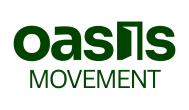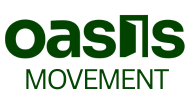SELF-SABOTAGE IN RECOVERY
People in recovery can sometimes be their own worst enemies. For me personally, I became something of an expert at sabotaging my own sobriety.
When I was drinking, I used alcohol to numb or get rid of uncomfortable or negative feelings. It was the first sign of self-sabotage – it helped me temporarily escape my problems, only to sober up to bigger problems.
I, like many other alcoholics and addicts, tended to attack myself – I told myself that I wasn’t good enough and I didn’t deserve to be happy. These negative thoughts made me feel helpless and hopeless. It was easier to give in to these feelings and drink than it was to fight against them.
I knew that in order to maintain my sobriety, I had to replace negative thoughts and behaviours with more positive and accurate self-talk or I would sabotage my recovery.
I now know I cannot grieve over what I have lost because of my addiction. Wallowing in self-pity is a dangerous game, and it would lead me to be unmotivated in my recovery. In previous attempts at recovery, I honestly believed I could do it myself – I didn’t need or want anyone’s help. I realize now that I was embarrassed and insecure about my alcoholism and would allow these feelings to sabotage my sobriety.
I have also learned that isolating doesn’t work, nor is it healthy to allow myself to get bored.
Now, I have new interests and I have rekindled my love of doing crafts, reading, and writing. I am now in more control of my reactions to everyday stresses and I don’t take on so many tasks that I become overwhelmed. I do things that need to be done, but at my own pace.
Most important, I am acutely aware of my need to think positively about life, and not let negative thinking cloud my potential future. I’ve learned not to sabotage all the hard work I have done this year for my recovery.
SC






